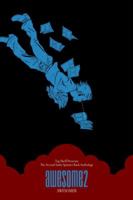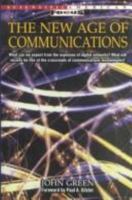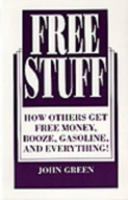Kim Possible Adventures
Select Format
Select Condition 
You Might Also Enjoy
Book Overview
Based on the hit animated series, discover these comics just in time for the new live-action Disney Channel original movie Enjoy the adventures of Kim Possible and her friends in these action-packed comic stories, including Flower Power, Mummy Matters, Portrait of Evil, and The Mole Rat Factor What better way to celebrate the return of Kim Possible, Ron Stoppable, Rufus, and Dr. Drakken than experiencing these comic adventures again--or for the very first time Written by Michael Stewart, Abby Denson, John Green, Landry Q. Walker, Eric Jones, Steve Behling, and Elizabeth Watasin with art by Craig Rousseau, Tom Bancroft, Dan Gracey, Phil Allora, and Fabricio Grellet.
Format:Paperback
Language:English
ISBN:1684055121
ISBN13:9781684055128
Release Date:February 2019
Publisher:IDW Publishing
Length:80 Pages
Weight:0.45 lbs.
Dimensions:0.3" x 5.9" x 8.8"
Age Range:9 to 12 years
Grade Range:Grades 4 to 7
Related Subjects
Business Business & Investing Economics Management Management & Leadership Systems & PlanningMore by John Green
Customer Reviews
5 customer ratings | 5 reviews
There are currently no reviews. Be the first to review this work.

















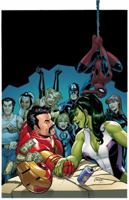








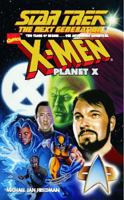


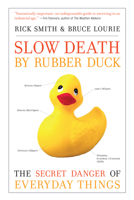

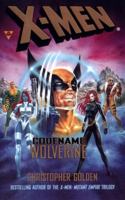







![Hints and Helps for Teachers and Parents [On Sunday Schools]](https://i.thriftbooks.com/api/imagehandler/s/6269A0F66FEF29EDD4F612C9C9EAE0EA5C698BED.jpeg)





